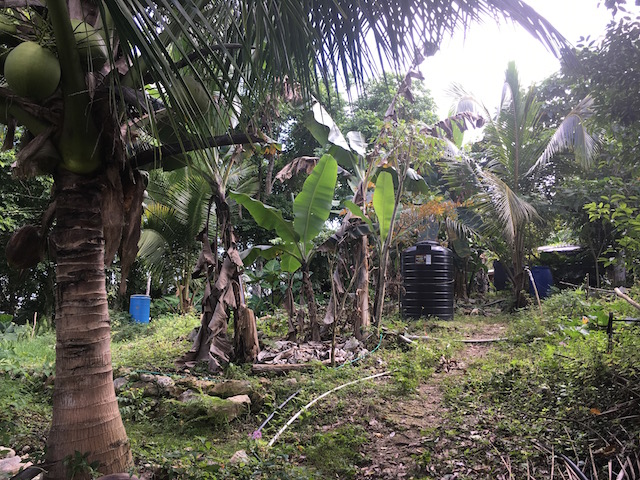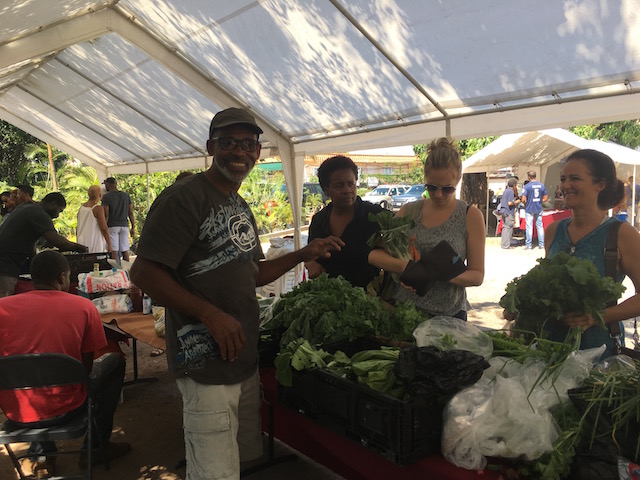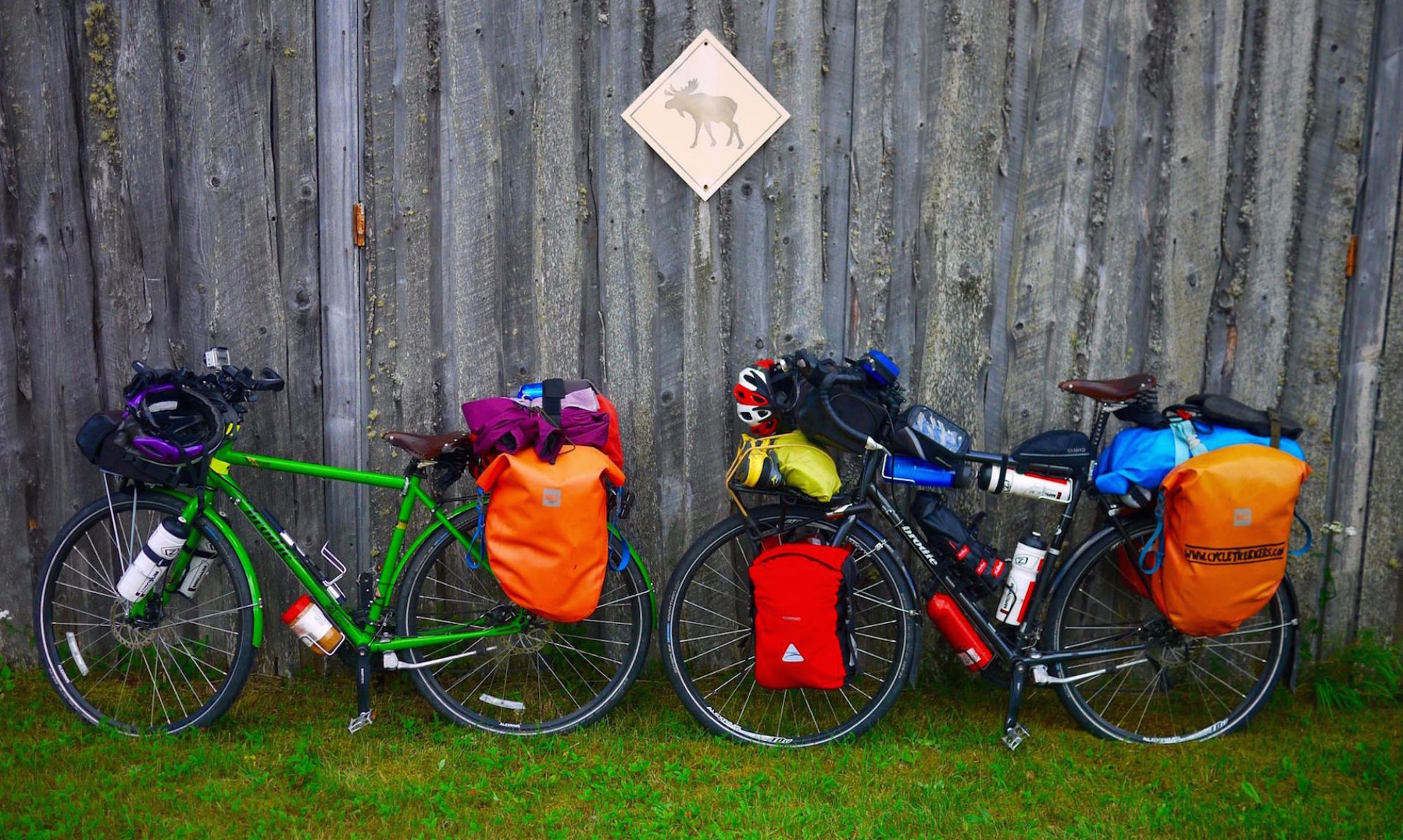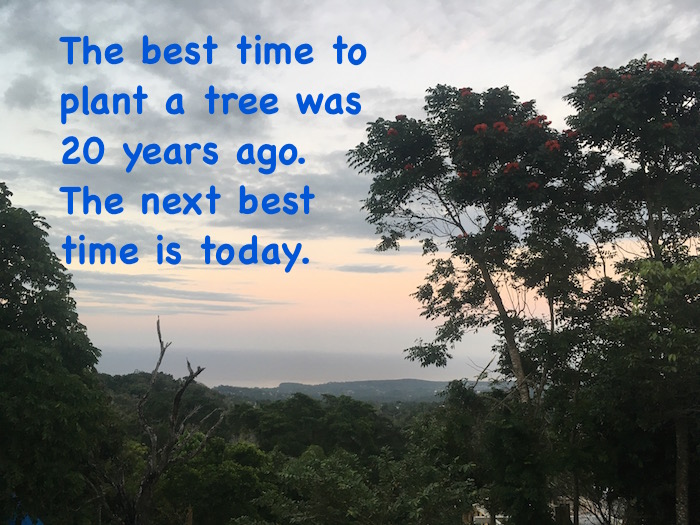Yes, I went to Jamaica! No, I didn’t cycle there, and no, Michael did not go with me. So why did I go to Jamaica? Well firstly, my Canadian work permit expired and with 70cm of snow on the ground, there was no way we were ready to hop back on the bikes and start cycling through the USA. Instead, I decided the best option was to leave the country and reenter Canada on a tourist visa. We’d then wait out the rest of the winter before heading off on the bikes on 2nd April 2017.
If you thought the cheapest flights from Canada to out-of-the-country would be to the USA – you’d be wrong. As it turns out, Jamaica was my cheapest option and I wasn’t complaining. I was missing the sun and the heat – so take me to Jamaica and let’s discover ecotourism Jamaica!
Now you are probably wondering why Michael didn’t go with me. Well, originally he arrived into Canada 6 weeks after I did, which means Michael has another 6 weeks of work before his visa is up – don’t feel sorry for him, he’s off on a lads holiday to Vegas for his “visa run” in 6 weeks time.
So enough about that and more about ecotourism Jamaica!
Durgas Den: Ecotourism Jamaica
I decided this trip was a great opportunity to help out on an organic farm and learn a few things about agro-forestry, sustainable living and ecotourism in Jamaica – something we plan on implementing in our future guesthouse.
I ended up staying 2 weeks at Durgas Den in Colgate, near Ocho Rios (I actually extended my stay by a week, because I loved it so much). Durgas Den is a sustainable, organic farm situated on the top of Breadnut Hill (awesome name). The farm is hidden right in amongst the forest. Though the farm isn’t completely self-sufficient this is something they are working towards.
Besides being a farm, the Den also offers simple accommodation in cabins. Some which have amazing views. The cabins are advertised via their website and on Airbnb – get $50 of free Airbnb travel credit here.
The farm and accommodation is very rustic and simple. One thing cycle touring has taught me is to appreciate the simple things and live with the bear minimum, so the accommodation was definitely not an issue for me – luxurious even.
[ctt template=”8″ link=”k44cy” via=”yes” nofollow=”yes”]One thing cycle touring has taught me is to appreciate the simple things[/ctt]
The farm has compostable toilets, rainwater tanks for the showers and solar panels for hot water. All the fruit and vegetables are completely organic. This means no nasty chemicals, pesticides or herbicides used at all. The only pesticides occasional used are natural ones, such as pepper.
The farm also has a bunch of healthy free ranged chickens, some rabbits (to make compost), a cute goat, a couple of dogs, and a cat (who is really the boss of the farm).

The Work
The deal was, I work on the farm for about 4 hours each morning, Monday to Friday. In return I get free accommodation, cheap meals and an awesome experience. I got to learn a lot about the work that went into running an organic farm. On top of this I worked along side locals. This gave me a glimpse into real, local life on the island – not just the tourist world.
Though volunteers have the weekends off, I did decide to head down to Kingston and helped out at the organic markets. The stall for Durga’s Den was swarmed by customers! It was great to see such a great turn out and high demand for organic veggies. I was also surprised to see such a diverse crowd of people. I had an absolute blast before heading off to check out Bob Marley’s house and explore Kingston.

Reflections
Being self-sufficient and growing our own organic veggies is definitely something we would aim to do in the future. Actually, if we could mimic what Durgas’s Den has achieved then we would be extremely delighted. We are definitely looking forward to checking out some more organic farms once we start cycling again. Thanks Durgas Den for adding to our ecodiscoveries and sharing your ecotourism Jamaica with us.

Resources:
I found these two books really interesting. Though I didn’t read the entire book, I did spend a couple of hours relaxing in the hammock and reading through a couple of the chapters.
The Barefoot Architect: A Handbook for Green Building by Johan van Lengen
The Humanure Handbook by Joseph Jenkins

